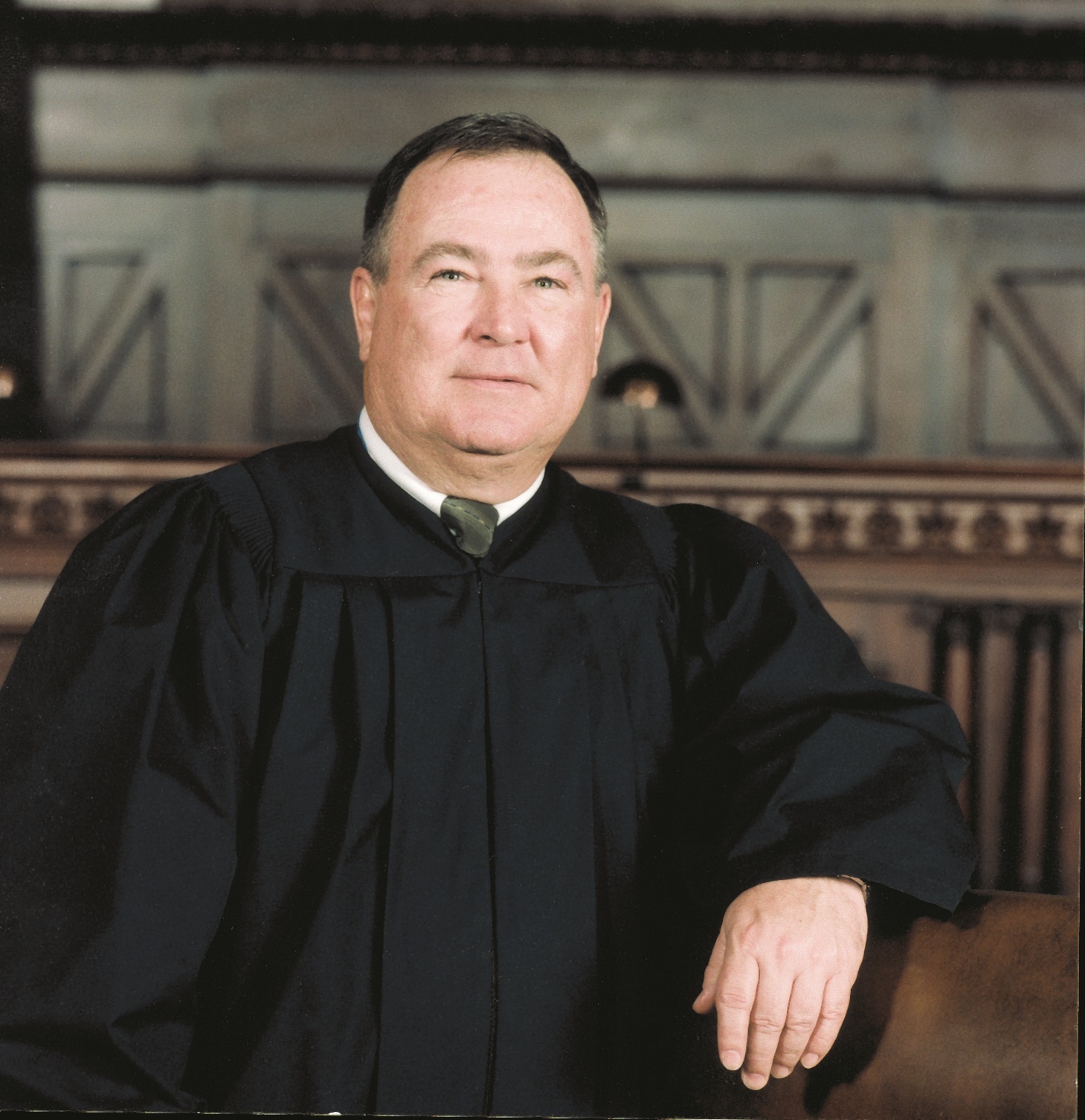One of the jurists caught up in the ticket-fixing scandal at the now defunct Philadelphia
Traffic Court has been suspended without pay.
Pennsylvania’s Court of Judicial Discipline has granted a petition by the Judicial Conduct Board to keep Judge Michael Sullivan off the bench without compensation until further notice.
Sullivan was one of nine judges who were indicted by the U.S. Attorney’s Office in Philadelphia earlier this year over allegations that they tossed motor vehicle citations for friends, relatives and the politically connected.
Sullivan, who sat on Philadelphia’s Traffic Court for a half-decade, had been administrative judge of that bench since 2011.
In an opinion accompanying its Aug. 9 order, the CJD drew contrast between its decision to grant fellow Traffic Court Judge Mark Bruno’s request to continuing receiving a paycheck during his suspension, and its ruling to have Sullivan’s paycheck canceled while his criminal charges are pending.
The CJD had earlier suspended Bruno with pay.
Essentially, the disciplinary court determined that the crimes with which Sullivan is being charged are more serious than those faced by Bruno.
“When Bruno and Sullivan are viewed alongside each other what is noticeable is their differences, not their similarities, so our decision that Bruno should be suspended with pay rather than without pay carries no precedential weight or influence in our deciding that question hear,” the CJD wrote in its opinion. “The extent and nature of the differences between the cases is easily recognized by reading what the Indictment alleges about the respective participation of Bruno and Sullivan in the illegal scheme described there.”
The disciplinary court also pointed out the differences between the various levels of involvement in the day to day operations of Traffic Court as justification for its decision to suspend Bruno with pay, and Sullivan without.
Bruno is an out-of-county magisterial district judge who occasionally heard Philadelphia motor vehicle cases on a per assignment basis while Sullivan was the administrative judge of Philadelphia Traffic Court who was there day in and day out, the CJD noted.
The court also stated that the federal government’s indictment doesn’t allege that Bruno ever placed anything in the mail or participated in any interstate phone calls or wire communications in furtherance of the allegedly illegal ticket-fixing scheme, while Sullivan is alleged to have used his position in the community to “fix” tickets for family members, friends, a former politician, a Philadelphia political ward leader and customers of the Fireside Tavern, a business owned by Sullivan, the CJD’s opinion states.
Federal prosecutors allege that Sullivan directed Fireside customers to leave their traffic citations or related documents at the city bar for him; tavern employees supposedly placed the documents in a box behind the bar.
The CJD also noted that as administrative Traffic Court judge, Sullivan “was in a unique position to put a stop to the errant behavior of its judges,” but apparently did no such thing.
“As a matter of fact, as many as six of the overt acts charged in the Indictment to have been personally committed by Sullivan were committed in May, June and July of 2011 – while he was Administrative Judge,” the opinion states.
The CJD wrote that the bottom line in this case is whether the totality of the circumstances requires Sullivan to be suspended with or without pay.
And in this case, the panel wrote, “the conduct in the Indictment is inherently disdainful of the laws [Sullivan] was elected to enforce, contemptuous of the law in general, took place over and over again, and became a way of life. And the law became a laughing-stock.
“In these circumstances only an order of interim suspension which removes [Sullivan] from the public payroll has any prospect of ameliorating the potential harm to the public’s confidence in the judicial system which has been caused by [Sullivan’s] alleged conduct which has led to the pending charges against him,” the CJD wrote. “By any measure, the totality of the circumstances requires that [Sullivan’s] interim suspension be without pay.”
The ticket-fixing scandal led to the dismantling of Philadelphia Traffic Court, with state lawmakers subsequently voting to abolish the minor judiciary.
Up until legislators voted to eliminate the bench, Traffic Court remained the only one of its kind out of Pennsylvania’s 67 counties.
Under state law, the General Assembly still has to vote a second time in the upcoming legislative session to abolish the court, and the public must give its approval through a referendum.
The reason – the state constitution has to be officially amended to pave the way for the court’s elimination.
Pa. CJD suspends indicted administrative Phila. Traffic Court judge without pay

ORGANIZATIONS IN THIS STORY